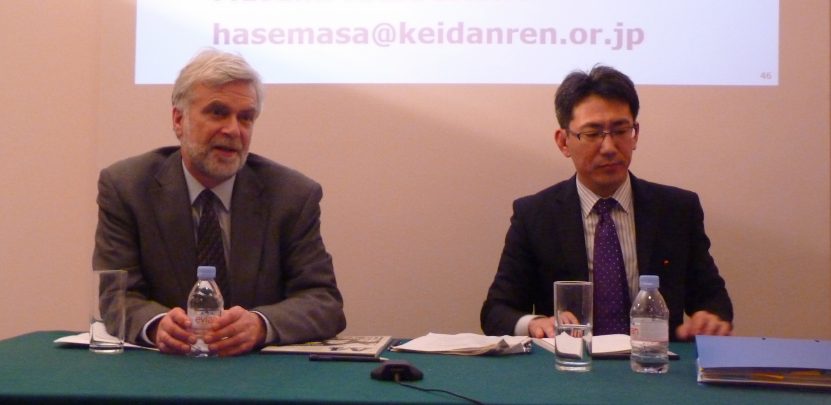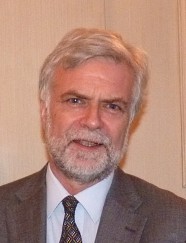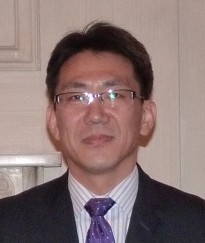 Seminar
SeminarMonday 10 March 2014
6:00pm – 8:00pm
Energy and Climate Change Policy: How is it influenced by the Business Sector?
Drinks reception from 7:00pm
13/14 Cornwall Terrace, London, NW1 4QP
Organised by The Daiwa Anglo-Japanese Foundation
Securing energy is a life and death issue for the economic activities of any nation, while climate change is a shared concern for both developed and developing countries. State policies relating to energy and climate change can have a massive influence on a country’s business sector, but the business sector can also influence these policies.
Japan has faced many difficulties over its energy supply following the Great East Japan Earthquake on 11 March 2011. Keidanren, Japan’s largest business federation, calls for a balanced energy policy, including a nuclear component, but taking into account the safety lessons learned from the nuclear accident at the Fukushima Daiichi power station. Meanwhile, the Japanese business sector has been working to reduce Co2 emissions through bottom-up initiatives such as emissions trading schemes, and by sharing information on energy-saving and low-carbon technologies between companies.
Mr Masami Hasegawa, an environmental policymaker at Keidanren, talked about Keidanren’s initiatives on energy and climate change policy, with reference both to the new Basic Energy Plan being formulated by the Japanese government, and UN climate change negotiations. Professor Jim Skea, Energy Strategy Fellow at Research Councils UK, discussed how the evolving structure of the UK economy has led to a change in the pattern of the business sector’s engagement with energy and climate change policy-making. He also examined the specific roles of utilities and energy-intensive users.
You can view a recording of the seminar here:
About the contributors

Professor Jim Skea
Professor Jim Skea is Research Councils UK Energy Strategy Fellow, and is also Chair in Sustainable Energy at Imperial College London. He was previously Research Director of the UK Energy Research Centre (UKERC). He has also published recently on the impact of intermittent renewables on electricity generation, on gas supply security, and onUK, Japanese and German responses to theFukushima accident. Professor Skea is a founding member of theUK’s Committee on Climate Change and is Vice-Chair of Working Group III (Mitigation) of the Intergovernmental Panel on Climate Change.

Masami Hasegawa
Masami Hasegawa is Senior Manager at the Environmental Policy Bureau, Keidanren (Japan Business Federation). He joined Keidanren after graduating from the Faculty of Law, Waseda University in 1992. Since then, Hasegawa has taken on a variety of responsibilities including external economic relations, multilateral trade negotiations, and reforms of company law, accounting systems, anti-trust law, and security law. After working at the Japanese government’s Cabinet Office in 2005-2007, he has for the past seven years been in charge of Keidanren’s research and policymaking on climate change and energy, and was the author of the recent position paper “A Proposal for Future Energy Policy” (Keidanren, 15 October 2013). Hasegawa holds a Masters degree in Law (with Honours) from Case Western Reserve University in the USA.